Working together for equitable justice
Giving José in Ecuador the opportunity to correct past mistakes and find meaning in his life. Giving Dritan in Albania the support he needs after being assaulted. Giving Khaled in Palestine the chance to leave prison...
With more than 20 years of experience in justice with children, our teams accompany children and young people to defend their right to fair justice. To achieve lasting impact, we work with authorities, judges, lawyers, police and other professionals - formal and informal - involved in child and youth justice. Families, communities, and children and young people are also key stakeholders on whom we rely. To ensure that all children grow up in an environment that includes them, respects them, and allows them to participate in the changes that affect them.
Our impact in 2022
529,500 children,
young people and members of their communities supported in their right to be treated fairly by justice systems
3'600
non-custodial measures applied worldwide
10,600 persons
including religious and state-appointed judges, muezzins, mediators… given training worldwide
At the heart of justice systems

More than seven million children and young people are incarcerated by justice systems around the world, because many countries continue to imprison and punish children and young people harshly.
To defend the rights of children and young people, to facilitate their rehabilitation and to avoid repeat offending, we aim to change systems, practices and mentalities. Against prison and discrimination, we say YES to dialogue, mediation and decisions that protect children’s best interests through restorative justice.
We seek to promote justice that does not discriminate and is gender and diversity sensitive. Every child should have access to child-friendly, inclusive justice that respects their rights.
The key is to get the various stakeholders in formal, traditional or customary justice systems to work together. We educate stakeholders who have contact with children, such as state-appointed or religious judges and police officers, and we promote best practice in community mediation, as we have done in Burkina Faso and Egypt, for example.
Children have a voice and an opinion that must be heard in legal proceedings. Their views must be taken into account in decisions that affect them. Children have rights as individuals and as a community. They are actors for change.

More than seven million children and young people are incarcerated by justice systems around the world, because many countries continue to imprison and punish children and young people harshly.
To defend the rights of children and young people, to facilitate their rehabilitation and to avoid repeat offending, we aim to change systems, practices and mentalities. Against prison and discrimination, we say YES to dialogue, mediation and decisions that protect children’s best interests through restorative justice.
We seek to promote justice that does not discriminate and is gender and diversity sensitive. Every child should have access to child-friendly, inclusive justice that respects their rights.
The key is to get the various stakeholders in formal, traditional or customary justice systems to work together. We educate stakeholders who have contact with children, such as state-appointed or religious judges and police officers, and we promote best practice in community mediation, as we have done in Burkina Faso and Egypt, for example.
Children have a voice and an opinion that must be heard in legal proceedings. Their views must be taken into account in decisions that affect them. Children have rights as individuals and as a community. They are actors for change.
On the street with Khaled

“I was in prison for 5 months. I know what I did was wrong, and that I shouldn’t have stolen. I want to work as a car sprayer when I’m older. I’m preparing for that thanks to vocational training.”
He has tears in his eyes as he talks about the nightmare he has lived through. Abandoned by his father when he was a baby, Khaled was living alone with his mother in a makeshift settlement. Before he was arrested and thrown in jail for stealing two containers of water, he worked in a cement factory where the owner refused to give him his pay.
Hundreds of children in Palestine are arrested and thrown into prison for petty theft. To offer solutions other than detention and get some of them released, Terre des hommes succeeded in getting their cases heard after months of advocacy. The plan is to get Khaled and more like him onto vocational training courses.
Supported by

AECID
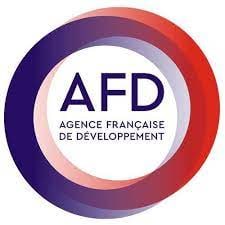
French Development Agency (AFD)
The French Development Agency (AFD) finances, supports and accelerates the transition to a fairer and more sustainable world. It focuses on climate, biodiversity, peace, education, urban development, health and governance.

Bureau of Democracy, Human Rights, and Labor
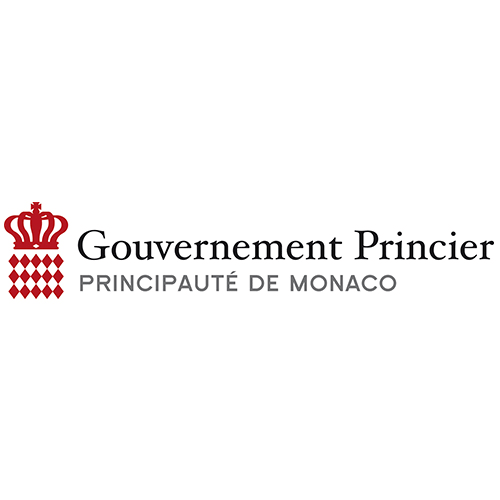
Coopération monégasque

Direct Aid Program

ECHO
The European Commission's Humanitarian Aid department (ECHO) funds relief operations for victims of natural disasters and conflicts outside the European Union.

EIDHR
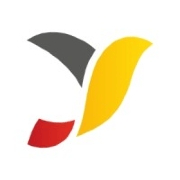
Enabel
Enabel manages development projects on behalf of the Belgian government and other donors. In this way, it contributes to global efforts for sustainable development.

European Commission - DG JUST
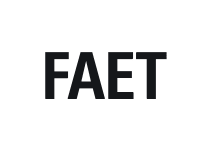
FAET

Foreign, Commonwealth & Development Office
The FCDO is a UK government department, supported by 11 public agencies and bodies. The FCDO promotes the interests of British citizens, protects the security of the UK, defends its values, and aims to reduce poverty and address global challenges with the UK's international partners.
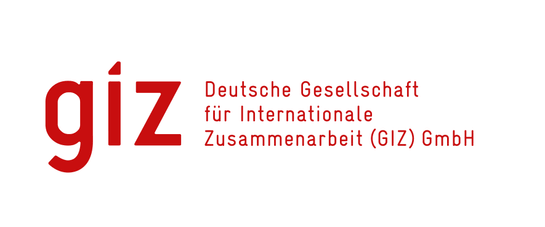
German Agency for International Cooperation (GIZ)
As Germany's leading service provider in the field of international cooperation for sustainable development and international education work, GIZ is dedicated to shaping a future worth living around the world.

OCHA
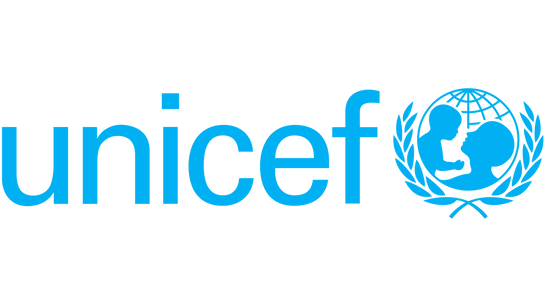
UNICEF
UNICEF - United Nations Children's Fund: UNICEF works in more than 190 countries and territories to save children's lives, protect their rights and help them reach their potential, from early childhood through adolescence.

UNDEF

UNDP

UN WOMEN
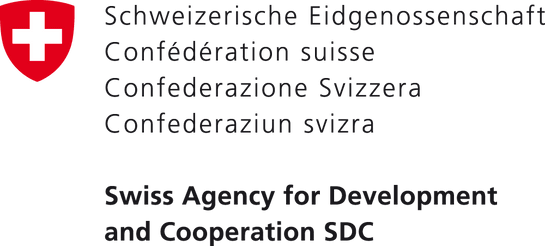
SDC
The Swiss Agency for Development and Cooperation (SDC) implements the Federal Council's foreign policy on humanitarian aid, development cooperation and cooperation with Eastern Europe and at multilateral level. The SDC focuses its activities on reducing poverty and distress, as well as curbing global risks. It also aims to preserve natural resources for future generations.




